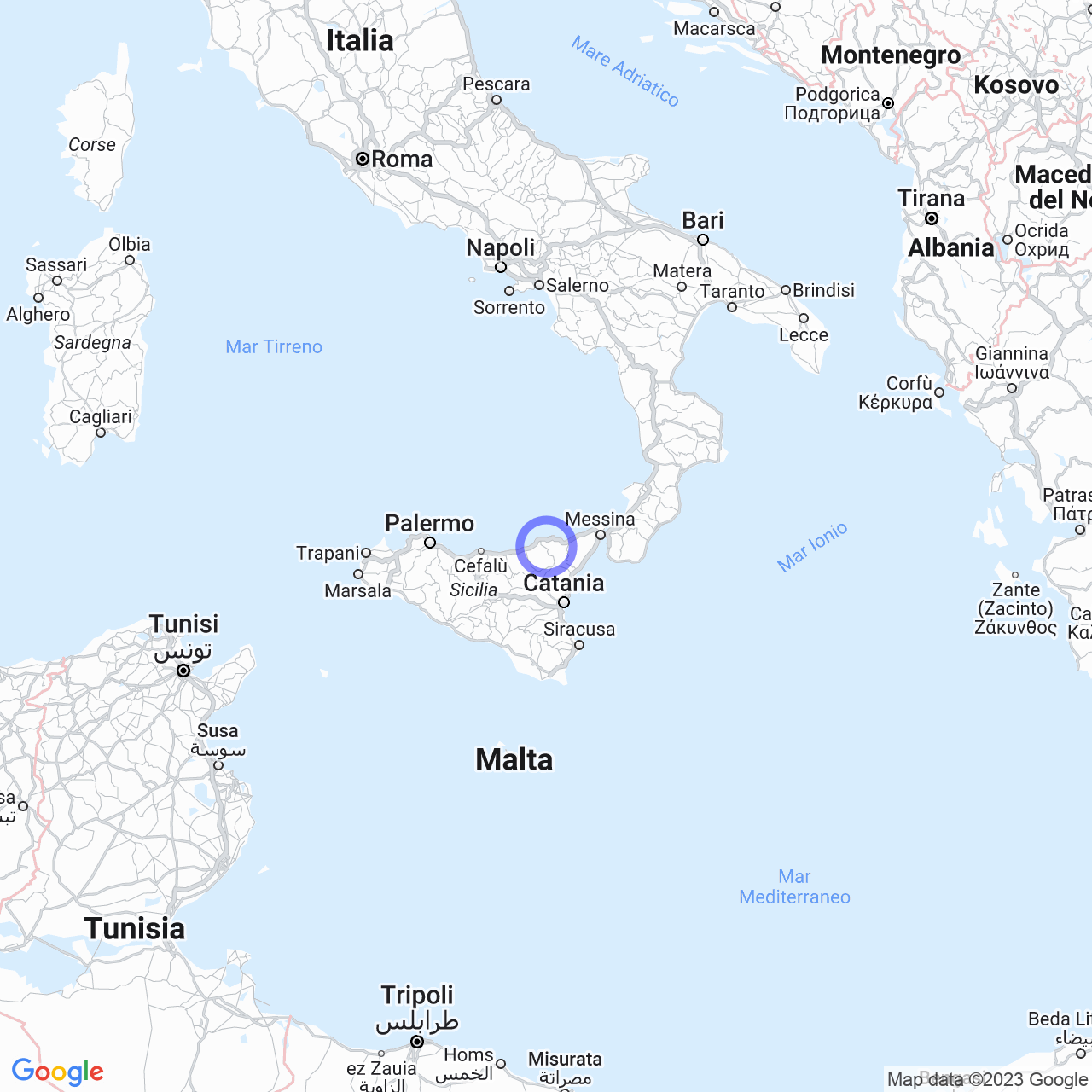Sinagra
Sinagra, a place with ancient and enchanting origins
The city of Sinagra, located in the province of Messina, in Sicily, is considered one of the first settlements in the Nebrodi area. The name, like many places in Italy, has an interesting history; there are several possible derivations, including the Latin root "sinus," which means inlet. This interpretation seems consistent with the position of Sinagra, as it is a town located near the river and was once navigable, making it the only way to reach the sea.
A history rooted in the past
The first documented reports of Sinagra date back to the Norman era, as evidenced by a bull from Pope Eugene III in 1082, which assigns the city to the church of Messina. The territory then passed to the Lancia family, marquises of Vasto and Monferrato, who ruled it for many centuries. Under the Lancia family, the city of Sinagra experienced a long period of splendor, during which castles, churches, and convents were built. By 1460, the city had become so powerful that it received criminal jurisdiction over the entire feud from King John. Over the centuries, Sinagra passed to different noble families, until its abolition as an autonomous municipality in 1812. This event favored the urban and economic growth of the city.

Sinagra, a resilient city
Sinagra has been hit by numerous natural disasters throughout its history, such as the disastrous flooding of the river in 1827, which caused enormous damage to the town and the destruction of numerous churches. A decade later, another flood hit the city, destroying many homes. However, the town was largely rebuilt, and today it presents itself with its current urban typology.
Conclusions
Sinagra is a place with ancient and enchanting origins and a rich history of events that have shaped the city into its current form. Despite many difficulties, Sinagra has been able to rise again, demonstrating strong resilience and great adaptability. Being one of the first settlements of the Nebrodi area has given the city a unique character that deserves to be discovered.
